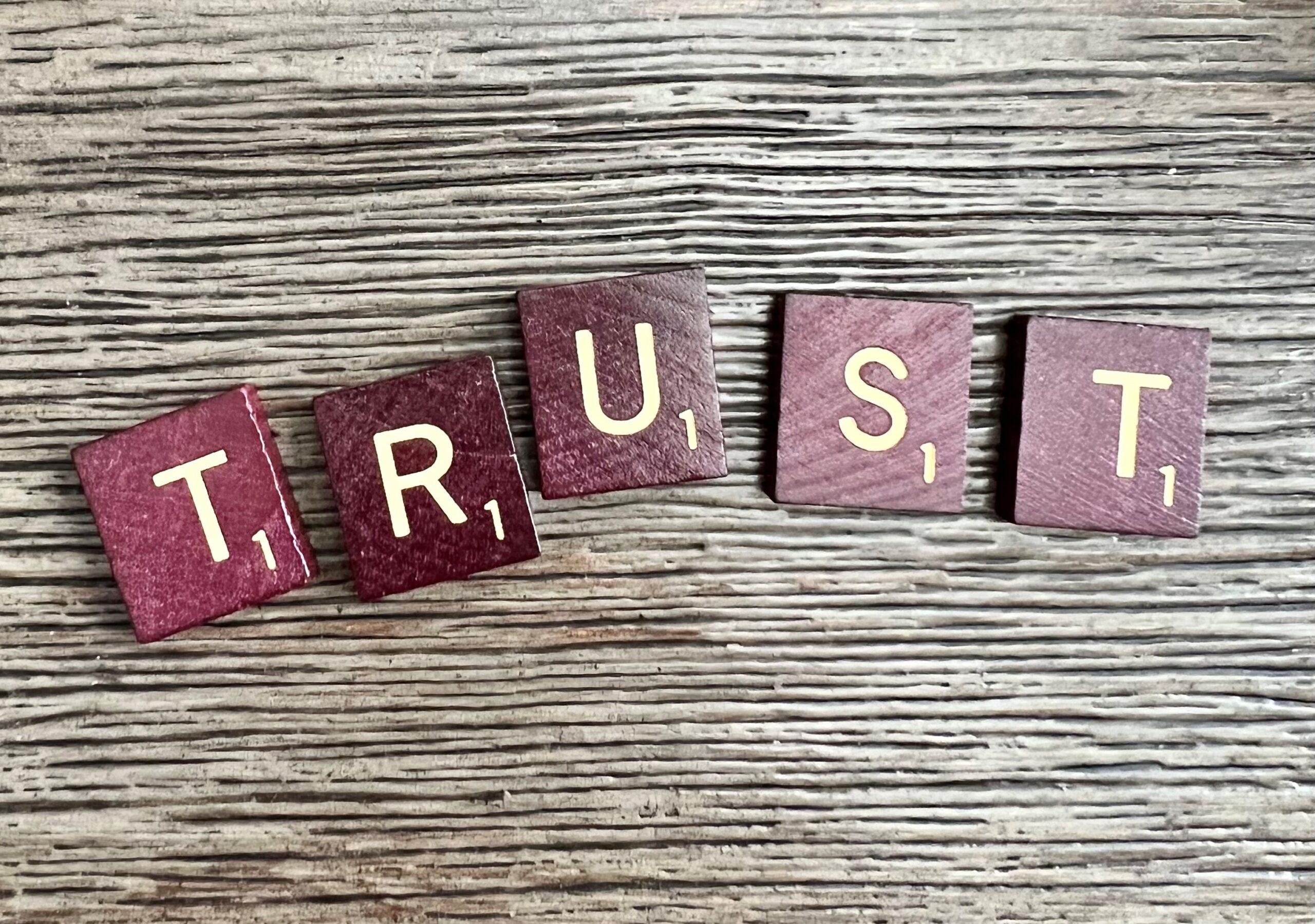How Your Unhealed Trauma Affects Your Relationships

“They say that love is blind, but it’s trauma that’s blind. Love sees what is.”
[Neil Strauss}
When someone gets involved in a motor vehicle accident and sustains a severe bodily injury, the physicians would describe it as a trauma case. However, trauma can also manifest as an emotional wound, damaging your sense of self in an equally painful way. Unresolved emotional trauma often leaves you experiencing yourself as broken, which results in bringing the footprint of this experience into your relationships.
With that said, let’s take a look at how your unhealed trauma affects your relationships:
What part of you is running your relationship?
When you are in a relationship, have you ever noticed that three different parts of you may be in charge? A licensed mental health counsellor, Greg Douglas, says that you may be a wounded child, an adaptive child, or a functional adult at any given time in your life.
- Wounded child

When you were a young child, have you ever been abused physically, psychologically or sexually? Were you deprived of love, support, nurturing, or consistent attention from your caregivers? Let’s say your partner makes a condescending remark to you, almost resembling what your mother has always done. Then, you are immediately flooded with feelings of sadness, deep pain, and shame, and your response is just to accept what has been done to you without even trying to stand up for yourself. The point is that when you receive treatment from someone who reminds you of any previous wounding experiences, you will behave in the same way you did then.
- Adaptive child
Have you ever been involved in a serious altercation with your caregiver when you were young? You might be arguing with your father, and he shouts at you, and you respond by becoming defensive and shouting back. Through these experiences, you eventually learn that being loud and angry is the only way to gain respect and be heard. Thus, when you encounter a similar situation in your relationship, you will also respond in the same way: harsh and rough. You can think of an adaptive child as a younger version of yourself who has to figure out how to cope with not meeting your needs. To adapt to the treatment you have received, you use what ideas and resources you have at hand.
- Functional adult
As a functional adult, you respond in a manner that resolves the disconnection within the relationship. This is the mature and thoughtful part of you that has left behind the patterns of the adaptive and wounded child and done the work of healing. You develop an accepting and nonjudgmental viewpoint that strengthens your relationship in the face of hardship.
The ways unhealed traumas create negative patterns in relationships
- Difficulty trusting others

Have you found it difficult to trust other people? Perhaps you have limiting thoughts such as “If I open up I will only get hurt again”, or “I can never let my guard down”. Unhealed trauma causes you to put up social barriers to prevent your trust from being lost again. Schaick & Stolberg (2001) found that children from divorced and abusive homes are more likely to struggle with trust in their future relationships.
- The need for perfection
Do you find yourself procrastinating, waiting for the perfect time to complete a project? Perhaps you ardently believe that the things you do should be perfect, causing you to take hours to complete a task. If you can relate to this, it is highly likely that your perfectionistic trait originated from psychological wounds from your childhood. If your parents withhold their love, you might feel that you need to prove your worth. Perfectionism poses a severe threat to intimacies, especially marriage. There can never be a spouse who can perfectly fulfil the highly unrealistic expectations of a perfectionist (Psychology Today, n.d.).
- Trouble communicating or expressing needs

Have you found yourself becoming hyperaware of your surroundings? Is it a common occurrence for you to lose focus and dissociate from the present? Trauma survivors may have trouble absorbing information due to dissociation and low level of concentration. Their ability to express themselves and understand what is being said to them may be limited.
- Difficulty setting clear boundaries
If others ask too much of you, do you find it hard to say ‘no’? According to a licensed clinical professional counselor , Morgan Concepcion, the aftermath of trauma may lead to you believing that others are more important than yourself. It is your belief that you must make other people happy and “not cause trouble”. Your traumatic experiences teach you to put others’ needs before your own in order to feel safe and protected.
- No desire to connect or bond with others

Have you lost interest to interact with anyone? Do you use to be a social butterfly, however after a traumatic incident, you don’t have the energy to talk to anyone? According to a board-certified psychiatrist, Dr Marcia Sirota, when you have unresolved trauma, it may cause you to hold on to beliefs that you are not lovable or entitled to have a loving relationship. You may avoid closeness with others because of a fear of rejection and abandonment.
Final thoughts
Emotional wounds need to be treated and cared for, just like physical injuries. An individual with a positive self-perception and a sense of where they belong in the world will be able to develop healthy relationships. Evans and his colleague stated that trauma-informed families often have better outcomes for themselves and their loved ones. Supportive trauma treatment enables families, partners, or friends to grow closer and stronger after trauma.
References
Concepcion, M., &; Concepcion, M. (2021, July 14). Interpersonal boundaries: How trauma keeps us silent. Lifeworks Psychotherapy. Retrieved May 8, 2022, from https://www.lifeworkspsychotherapy.com/interpersonal-boundaries-trauma-keeps-us-silent/
Evans, S. E., Steel, A. L., Watkins, L. E., & DiLillo, D. (2014). Childhood exposure to family violence and adult trauma symptoms: The importance of social support from a spouse. Psychological Trauma: Theory, Research, Practice, and Policy, 6(5), 527-536.
Psychology Today. (n.d.). Perfectionism. Psychology Today. Retrieved May 8, 2022, from https://www.psychologytoday.com/gb/basics/perfectionism
Schaick, K. & Stolberg, A. (2001). The impact of parental involvement and parental divorce on young adults’ intimate relationships. Journal of Divorce and Remarriage, 36(1-2), 99-121. doi:10.1300/J087v36n01_06
Sirota, M. (n.d.). If you struggle to connect with others, it could be due to childhood trauma. Retrieved May 8, 2022, from https://marciasirotamd.com/psychology-popular-culture/struggle-connect-others-due-childhood-trauma



Responses